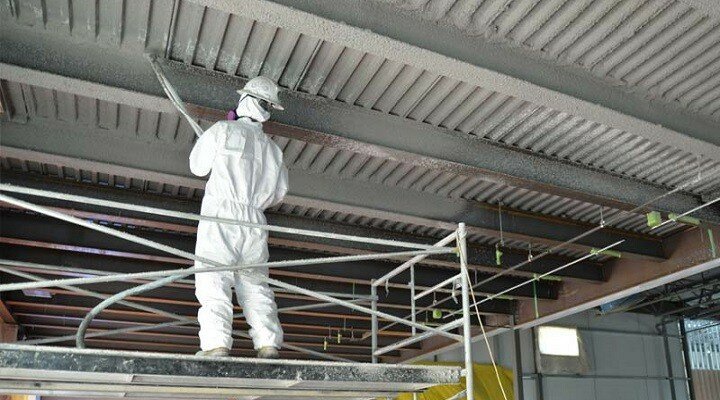Doody Home Center, a beloved fixture in Sheepshead Bay, Brooklyn, has officially closed its doors. It served the community for nearly a century. Established in 1925, this family-run hardware store was a go-to spot for generations of residents. It offered a wide range of products, including paint, hardware, gardening supplies, and home decor. The closure of this long-standing business has left many wondering why such a successful and cherished store was forced to shut down. Let’s explore the key factors that led to the closure of Doody Home Center.
A Change in Ownership: The Building’s Sale
The primary cause behind the closure of Doody Home Center was the sale of the building where the store was located. The decision to sell was beyond the control of the current owner, Nina, who managed the store in its final years. According to reports, the building sold for an impressive thirteen million dollars, a figure that likely made it financially challenging to maintain the store’s operation(
).
In an open letter to customers, the owners explained that the decision to close was not made lightly and was not the result of poor business performance. Instead, it was driven by “circumstances beyond our control.” The sale of the building ultimately sealed the fate of the store, despite the owners’ desire to continue serving the community(
).
The Real Estate Boom: Pressures of Urban Development
The closure of Doody Home Center shows a larger trend in cities. Rising real estate values and changing neighborhood dynamics are affecting small, family-owned businesses. Brooklyn, particularly neighborhoods like Sheepshead Bay, has experienced significant real estate development over the past decade. As property values rise, landlords are more inclined to sell properties to developers. These sales are often for building new residential or commercial complexes.
In such a climate, long-standing businesses like Doody Home Center find it increasingly difficult to operate. The pressure to sell can stem not only from potential profits but also from rising costs of renting or owning commercial property in a fast-developing area.
Community Impact and Emotional Loss
The closure of Doody Home Center is not just about a business ending; it marks the loss of a community hub. For almost 99 years, the store was a place where families shopped together. They picked up supplies for their homes and sought advice for their projects. Sheepshead Bay residents have relied on Doody Home Center for generations, not only for products but also for its friendly service and community spirit. The store’s closing sale drew large crowds, with lines forming around the block. Many customers expressed sadness about losing their favorite hardware store.
).
The Doody family expressed deep gratitude to their loyal customers in their farewell letter. They acknowledged the store’s role as a “pillar of our community.” It has “weathered storms, supported families, and provided essential goods and services” since just before the Great Depression.
).
Economic and Market Shifts
The immediate reason for Doody Home Center’s closure was the building’s sale. However, broader economic and market forces may have also influenced the decision. The home improvement retail market has faced increasing competition from large chain stores and online retailers. Big-box retailers like Home Depot and Lowe’s, as well as e-commerce platforms like Amazon, offer many products at competitive prices. This shift in consumer shopping habits has made it harder for small, independent hardware stores to sustain their operations.
Local hardware stores, like Doody Home Center, rely on loyal customers and personalized service to compete with larger retailers. Even with a loyal clientele, businesses in rapidly changing areas with rising property values may struggle to handle the financial pressures.
The Reality of Family-Owned Business Transitions
The Doody family managed Doody Home Center for four generations, showing a deep family legacy and commitment to the community. However, the closure may also highlight the challenges family-owned businesses face when transitioning between generations. As markets evolve, younger family members may need to decide whether to continue, sell, or adapt the business to new models. The costs and risks of running a business in a competitive, costly environment may sometimes outweigh the benefits. This can lead to tough decisions, such as closing the business.
Conclusion: The Legacy of Doody Home Center
The closure of Doody Home Center marks the end of an era for Sheepshead Bay. The building’s sale directly caused the store’s closure. However, it also highlights broader trends impacting family-owned businesses in cities, like rising real estate prices, market competition, and economic changes. Doody Home Center’s legacy will live on in its customers’ and community’s memories, where it served for almost a century. The Doody family expressed their gratitude to the community and encouraged ongoing support for other local businesses that “enrich the fabric of our neighborhood.
).
Doody Home Center’s story shows the challenges small businesses face and their lasting impact on the communities they serve.











